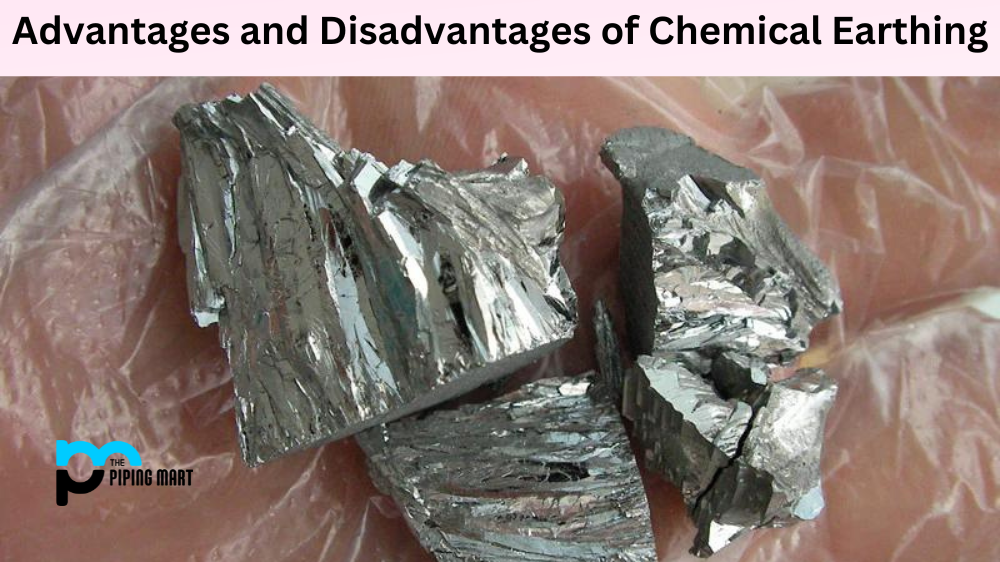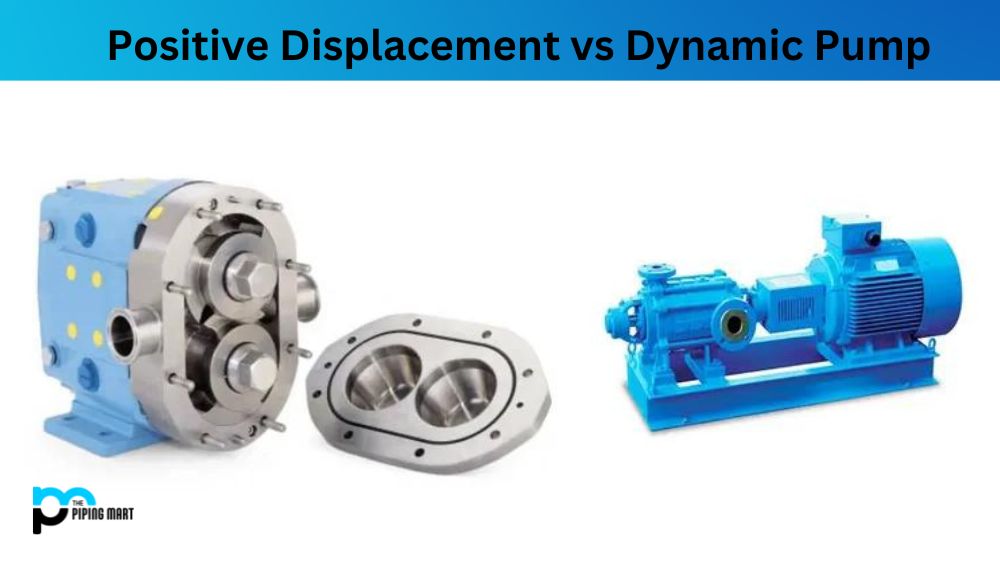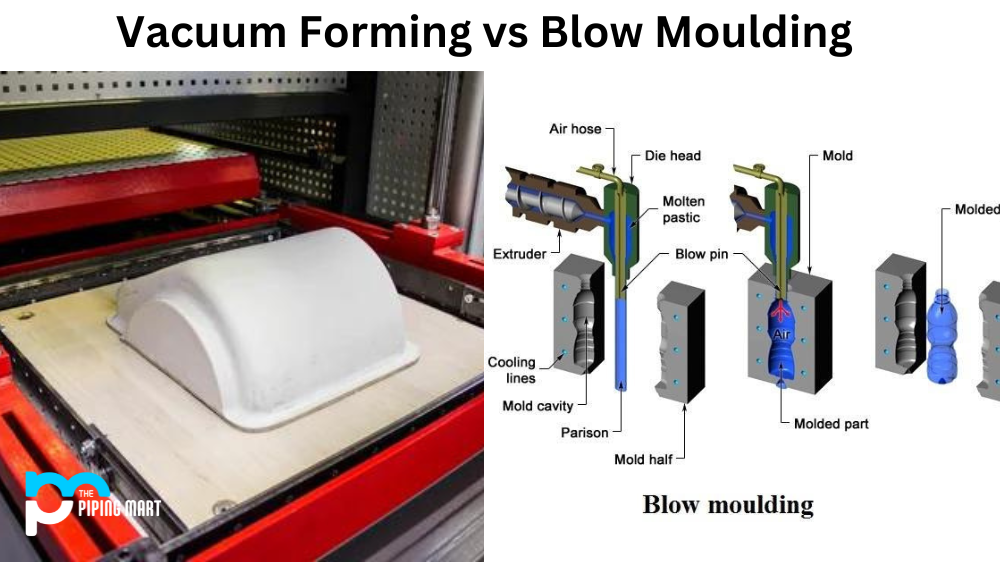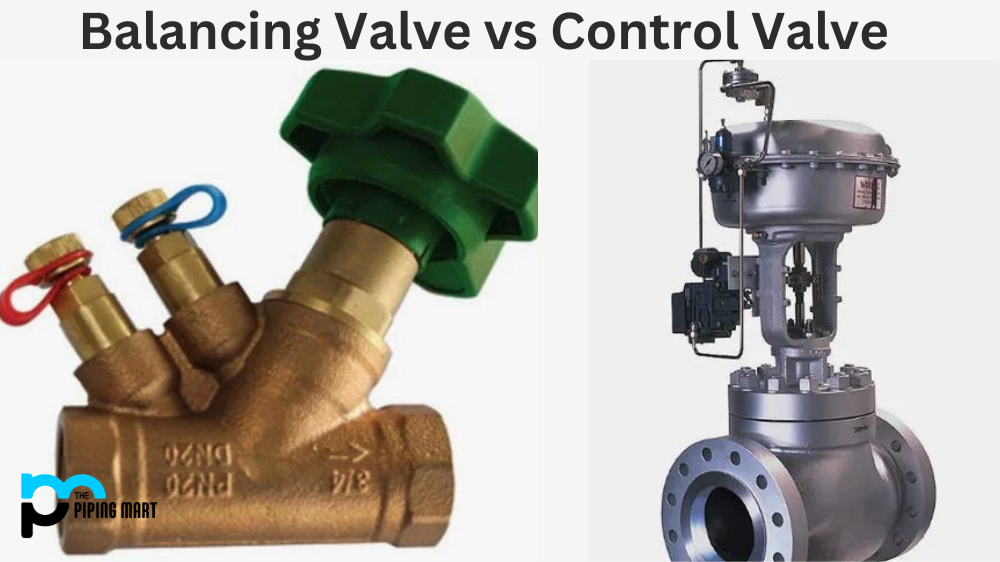Electrical earthing is an important requirement to ensure the safety and reliable operation of electrical systems. There are various types of earthing, including chemical earthing, which is a popular choice in many industries. The chemical earthing system comprises electrodes of copper-bonded rods installed in the ground and connected to the electrical system. In this blog, we’ll look at the advantages and disadvantages of chemical earthing.
Advantages of Chemical Earthing
Low thermal resistance
Chemical Earthing offers low resistance due to the use of chemical compounds which provide a stable layer of conductive materials surrounding the electrode. This results in a stable and low-resistance earthing system.
Corrosion resistance
The copper-bonded electrodes used in chemical earthing resist corrosion and rust. Consequently, chemical earthing systems last longer and require minimal maintenance.
Installation
Unlike conventional earthing systems, chemical earthing is relatively easy to install since it does not require a large hole for installation. This reduces installation time and costs.
High Fault Current Capacity
Chemical earthing systems carry high fault current carrying capacity from copper-bonded electrodes. In the event of a fault, the system can discharge high fault currents without damage.
Disadvantages of Chemical Earthing
Porous soils
Chemical earthing may not be as effective in porous soils as the chemical compounds may dissipate quickly.
Moisture
Chemical earthing requires the soil to have a high moisture level for optimum performance. Dry soil may result in reduced performance.
Variation in soil quality
Soil properties vary depending on the region. Chemical earthing may be less effective in some locations due to soil quality.
Initial cost
The initial cost of installing a chemical earthing system may be higher than that of conventional earthing systems. This cost may include additional materials and installation costs.
Conclusion:
In conclusion, chemical earthing systems provide several advantages to conventional earthing systems. The notable advantages are low thermal resistance, high fault current capacity and corrosion resistance. However, chemical earthing has drawbacks, like soil quality and initial cost. Overall, chemical earthing is a dependable earthing system that can save costs in the long run by reducing maintenance needs. Ultimately, the earthing system choice depends on the installation’s specific needs.

A passionate metal industry expert and blogger. With over 5 years of experience in the field, Palak brings a wealth of knowledge and insight to her writing. Whether discussing the latest trends in the metal industry or sharing tips, she is dedicated to helping others succeed in the metal industry.




